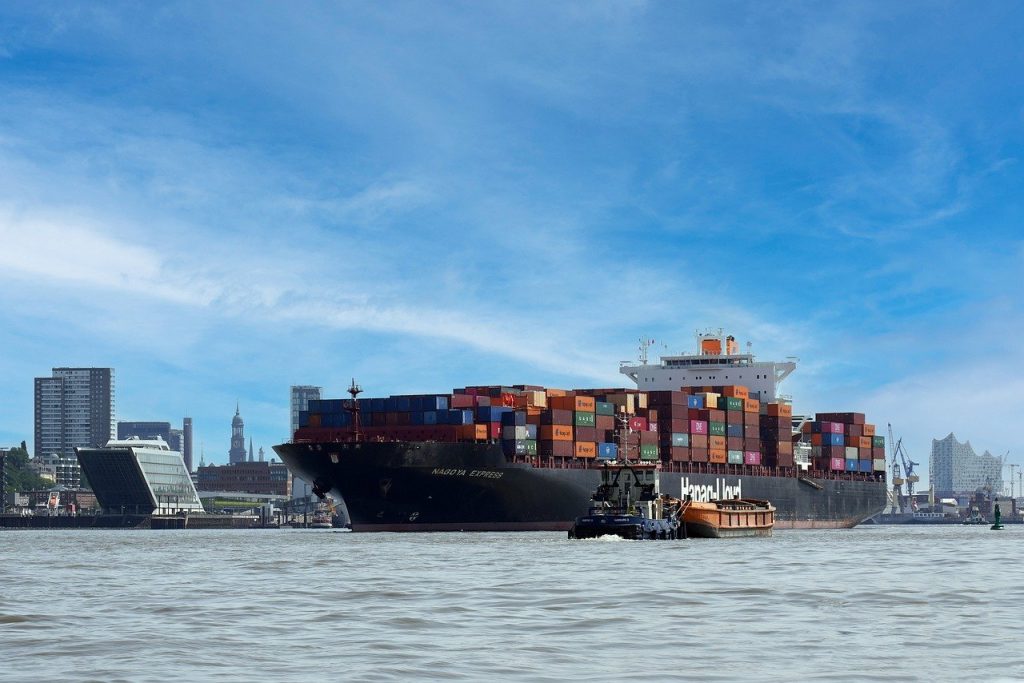
Sustainability is no longer a mere trend; it’s a strategic imperative that can significantly impact a business’s long-term success. While often associated with environmental concerns, sustainability encompasses social and economic dimensions as well. In this blog post, we’ll delve into the importance of sustainability in sales operations and supply chain.
A Greener Sales Force: The Benefits of Sustainability
- Enhanced Brand Reputation:
- Ethical Consumerism: Today’s consumers are increasingly conscious of the ethical and environmental impact of their purchases. By demonstrating a commitment to sustainability, you can attract and retain customers who align with your values.
- Positive Brand Perception: A sustainable brand image can lead to increased customer loyalty, positive word-of-mouth, and stronger relationships with partners and stakeholders.
- Improved Sales Performance:
- Targeted Marketing: Sustainable practices can help you identify and target specific customer segments that prioritize eco-friendly products and services.
- Sales Enablement: By incorporating sustainability into your sales pitch, you can differentiate your offerings and create compelling value propositions.
- Cost Reduction:
- Efficient Operations: Sustainable practices, such as waste reduction and energy efficiency, can lead to significant cost savings.
- Supply Chain Optimization: Streamlining your supply chain and reducing transportation emissions can lower operational expenses.
A Sustainable Supply Chain: Building a Better Future
- Ethical Sourcing:
- Transparent Supply Chains: By ensuring transparency in your supply chain, you can identify and address potential ethical and environmental issues.
- Fair Labor Practices: Supporting suppliers that adhere to fair labor standards promotes social responsibility and builds a positive brand image.
- Reduced Environmental Impact:
- Eco-Friendly Packaging: Minimizing packaging materials and opting for recyclable or biodegradable options can significantly reduce your carbon footprint.
- Sustainable Transportation: Exploring alternative transportation modes, such as rail or water, and optimizing delivery routes can lower emissions.
- Risk Mitigation:
- Supply Chain Resilience: A sustainable supply chain is more resilient to disruptions, such as natural disasters or geopolitical tensions.
- Regulatory Compliance: Adhering to environmental regulations can help you avoid costly fines and legal issues.
Embracing a Sustainable Future
By integrating sustainability into your sales operations and supply chain, you can not only contribute to a healthier planet but also drive business growth and innovation. It’s time to embrace a sustainable future and build a more responsible and resilient organization.
GrenGlimpse is committed to sustainability initiatives. We believe that by working together, we can create a positive impact on the world.
